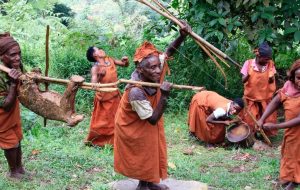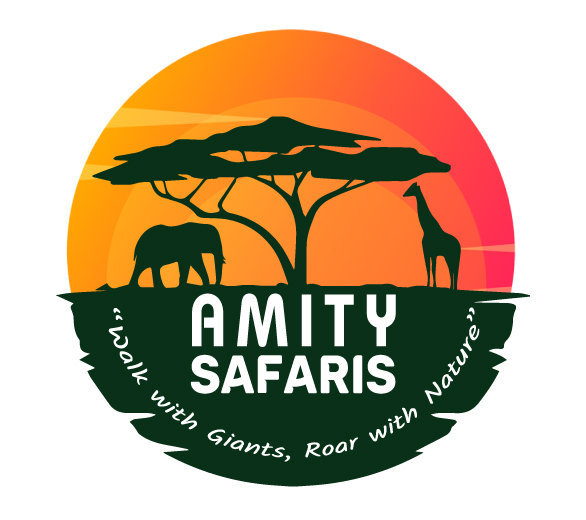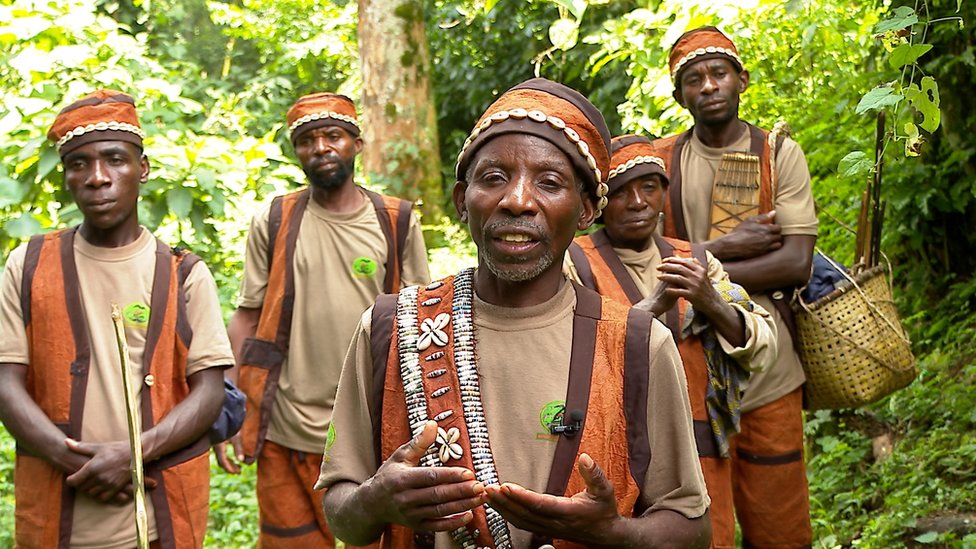In the lush landscapes of Uganda, amidst the vibrant culture and diverse ethnic groups, lies a community whose story remains often untold—the Batwa people. Often referred to as the “keepers of the forest,” the Batwa have a rich cultural heritage deeply intertwined with the forests they once called home. However, their traditional way of life faces numerous challenges in the modern world. In this blog post, we delve into the fascinating world of the Batwa community, exploring their culture, struggles, and the efforts being made to preserve their way of life.
The Batwa People: Guardians of the Forest
The Batwa are indigenous hunter-gatherers who have inhabited the forests of the Great Lakes region of Central Africa for centuries. In Uganda, they primarily resided in the dense forests of the southwestern region, including areas around Mgahinga and Bwindi Impenetrable National Parks. Traditionally, they lived a semi-nomadic lifestyle, relying on the forest for food, shelter, and medicine.
Batwa have their rich culture and have maintained it over the years.
Cultural Traditions and Beliefs
At the heart of Batwa culture lies a deep spiritual connection to the natural world. They possess a wealth of traditional knowledge about the forest and its resources, passed down through generations. Their cultural practices, including music, dance, and storytelling, reflect this close relationship with nature. Rituals and ceremonies are integral parts of their community life, celebrating milestones such as births, marriages, and harvests.

Challenges Facing the Batwa Community
Despite their rich cultural heritage, the Batwa face numerous challenges that threaten their way of life. Encroachment on their ancestral lands, primarily due to conservation efforts and commercial agriculture, has resulted in the loss of their traditional hunting and gathering grounds. Forced displacement from the forests has led to social marginalization, poverty, and limited access to essential services such as education and healthcare.
Efforts Towards Empowerment and Cultural Preservation
In recent years, various organizations and initiatives have emerged to support the Batwa community and address their needs. These efforts range from advocacy for land rights and access to education to initiatives focused on economic empowerment and cultural preservation. Organizations like the Batwa Development Program (BDP) work closely with the community to promote sustainable livelihoods, cultural revival, and advocacy for their rights.
Conclusion:
The story of the Batwa community in Uganda is a testament to resilience, cultural richness, and the ongoing struggle for recognition and empowerment. As we navigate the complexities of development and conservation in the modern world, it is essential to remember the importance of preserving indigenous cultures and honoring their connection to the land. By supporting initiatives that uplift and empower indigenous communities like the Batwa, we can strive towards a more inclusive and sustainable future for all.

